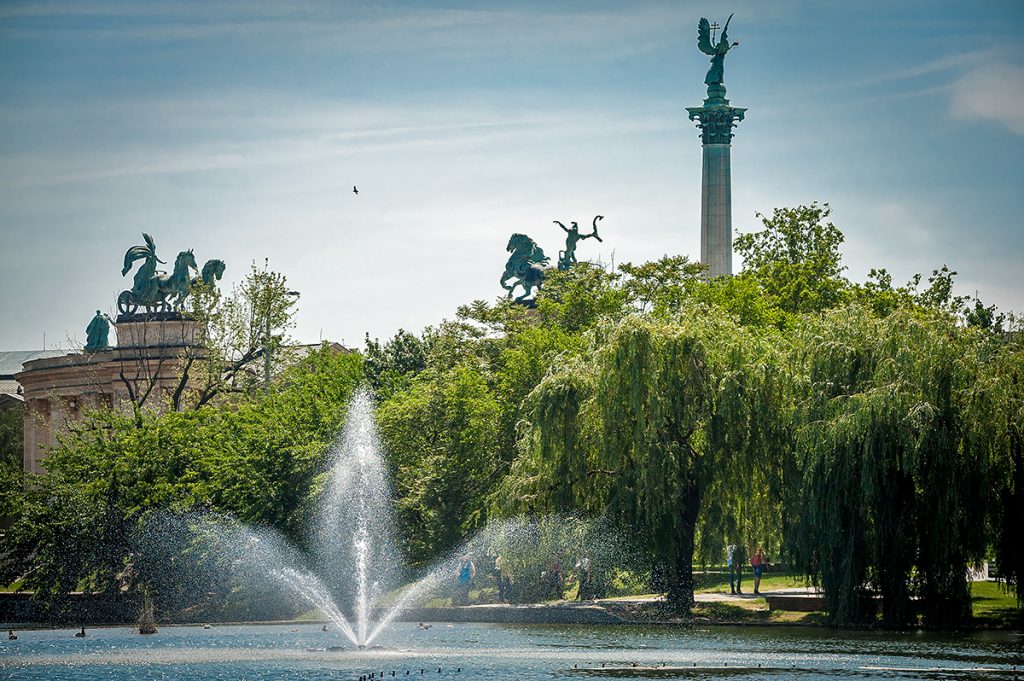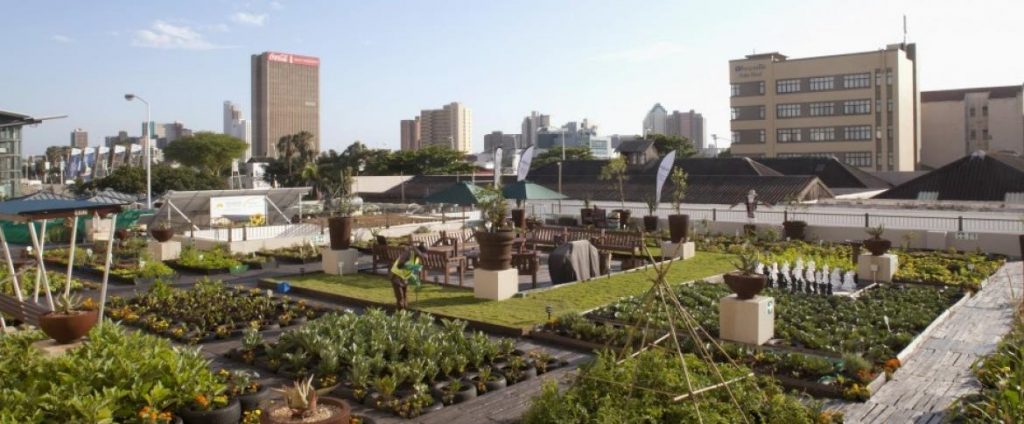The exhibition opens on June 20. Until then, we’re thinking about the future of the green areas of Budapest.
Let’s think together!
The exhibition of the Sparks project, “Beyond the Lab” opens on June 20 in Budapest.
Sparks showcases inventions and methods through remarkable human stories, which were created in the inclusive spirit of Responsible Research and Innovation (RRI) in the rapidly transforming fields of healthcare and medicine.
However, the exhibition will be supported by many interactive programs, such as science espressos and a reverse science café, where professional scientists, innovators and enthusiastic citizens could engage in dialogue over what science and innovation are about.
Besides the many smaller discussions called science espressos, we’re organizing three bigger participatory activities:
• One Scenario Development Workshop,
• One Scenario Workshop, and
• One Reverse Science Café.
The topic: The green areas of Budapest and our health
All three events share the same goal. We’d like to understand the connection between the position, extension, quality, and usage of the green areas of Budapest, and the health of the urban population.
In international scientific literature, when it comes to urban health, one oft-mentioned aspect is environmental justice. For instance, those living in poorer conditions are likely to suffer the extreme heatwaves of summer more intensely, since quality green surfaces are less likely to be available for them. Green roofs, walls, or backyard gardens are less likely to occur in a slum prone district.
Our experience is that the aspects of green surfaces, urban trees and gardens which affect health are not investigated enough, therefore actual discourse of it is missing, despite it being absolutely necessary.
In recent years, many great domestic and foreign initiatives saw the light of day, which could help a wider stratum of society in realizing those health benefits that are offered by green infrastructure. The goal of these events supporting the exhibition is to meet and connect these initiatives as well.
What happens at these events?
The two Scenario events are connected. At the first, we’ll prepare draft scenarios with the representatives of scientific and professional fields for use at the second event. At the second event, using these draft scenarios, and with the help of citizens, we’ll design the potential futures of the green areas of Budapest. The final product of this work is a concrete, science-based, human-centered action plan for Budapest.
The Reverse Science Café, contrary to the “ordinary”, not reversed one, provides more opportunities for the audience to think, and share their thoughts. Whereas ordinarily, professionals would answer the questions of the audience after their presentation, in this version, after a short introduction, the professionals ask the questions, and the audience answers them. The expected outcome of this program is a collection of promising research questions and potential research pathways that explicitly represent the interests of the people, and are based on their values.
So that science and innovation could become ours.
We welcome anyone who’s interested, but would like to ask everybody to make arrangements with us in e-mail or over the phone prior to the events.
Dates:
April 11. 13:00–14:30 – Scenario Development Workshop,
May 15. 14:00–17:00 – Reverse Science Café,
May 26. 15:00–18:30 – Scenario Workshop.
Location:
Impact Hub, HU-1053 Budapest, Ferenciek tere 2.
The exhibition is open:
June 20 – August 16, 2017.
More info on our site and Impact Hub’s.
International websites of the project and events:
Official website
Facebook
Twitter
Google Plus
YouTube
Newsletter


